A Comprehensive Guide to Selling Skincare Products in Canada: Regulations, Requirements, and Insurance
Share
A Comprehensive Guide to Selling Skincare Products in Canada: Regulations, Requirements, and Insurance
Entering the world of skincare can be both an exciting and rewarding endeavor, especially in Canada, where consumers are increasingly looking for natural and effective beauty products. However, creating and selling skincare products in Canada comes with a set of strict regulations that must be followed to ensure the safety of consumers and the compliance of your business with Canadian law.
Health Canada plays a crucial role in ensuring that all cosmetics and skincare products sold in the country are safe for consumers. Under Canadian law, skincare products are classified as cosmetics, which means they must meet the safety requirements outlined in the Food and Drugs Act and the Cosmetic Regulations.
Every cosmetic product sold in Canada must be notified to Health Canada through the Cosmetic Notification Form (CNF). This form must be submitted within 10 days of selling your product, whether it’s sold online, in retail stores, or even at markets. The CNF requires detailed information about the product, including its ingredients, purpose, and the manufacturer's information.
You need to ensure that the ingredients used in your skincare products comply with the Hotlist of Prohibited and Restricted Ingredients issued by Health Canada. This list identifies ingredients that are banned or restricted due to their potential health risks. For example, some preservatives, colorants, and fragrances may only be used in specific concentrations or in certain types of products. Make sure to review this list carefully when formulating your products.
Though skincare products are considered cosmetics and not drugs, it's essential to follow Good Manufacturing Practices (GMP) to maintain product safety and quality. GMP ensures that your products are made in clean environments, using safe and correctly measured ingredients. While GMP isn’t mandatory for all cosmetics, it’s a recommended practice, especially for small businesses looking to establish credibility and trust.
Once you’ve ensured your products meet Health Canada’s safety standards, the next step is to make sure your labeling complies with Canadian regulations.
All skincare product labels in Canada must include both English and French. This applies to the product name, instructions for use, and any safety warnings. If you're selling across the country, this ensures that consumers from all provinces can easily access the information.
Your product label must also list all ingredients in descending order of concentration. Ingredients should be listed using the International Nomenclature of Cosmetic Ingredients (INCI). This standardized naming system ensures that consumers can identify ingredients consistently, regardless of where the product is sold.
Be cautious with the claims you make about your skincare products. For example, claiming that your product "treats" or "cures" skin conditions can classify it as a drug, which would subject your product to a different set of regulations under the Food and Drugs Act. Stick to cosmetic claims like "moisturizes," "hydrates," or "nourishes" to avoid running afoul of Health Canada regulations.
When making and selling your own skincare products, it’s essential to safeguard your business with the right insurance. Here are the key types of insurance you’ll need:
Product liability insurance protects your business in the event that a customer has an adverse reaction to your skincare product and decides to take legal action. This coverage is crucial because even with careful formulation and testing, there is always a risk of an allergic reaction or skin sensitivity.
In addition to product liability insurance, general liability insurance protects your business from claims that may arise from accidents or injuries that occur at your business location, whether that’s a home studio or a retail shop. For example, if a customer slips and falls while visiting your store, this insurance would cover their medical expenses and any legal fees associated with the incident.
If you offer personalized skincare consultations or advice to your customers, it’s wise to have professional liability insurance, which protects you against claims related to the advice or services you provide. This coverage can help protect you if a customer believes your recommendations led to an adverse skin reaction.
If you’re starting a skincare business in Canada, you’ll need to register your business with the government. This typically involves registering for a Business Number (BN) with the Canada Revenue Agency (CRA) and obtaining any relevant licenses or permits in your province or municipality.
Maintain detailed records of your formulations, ingredient sources, batch numbers, and customer feedback. This not only helps ensure quality control but also assists with any necessary Health Canada inquiries or product recalls.
Navigating the world of skincare product sales in Canada involves a strong understanding of Health Canada’s regulations and the importance of adequate insurance coverage. By ensuring that your products are safe, correctly labeled, and supported by the proper insurance, you can build a trustworthy skincare brand that complies with Canadian law while protecting your business from potential liabilities. Whether you're crafting small batches at home or launching a full-scale operation, attention to detail in formulation, documentation, and safety will be key to your success.
Remember, the skincare industry is competitive, but building a business based on quality and compliance will set you apart and earn the trust of Canadian consumers.
